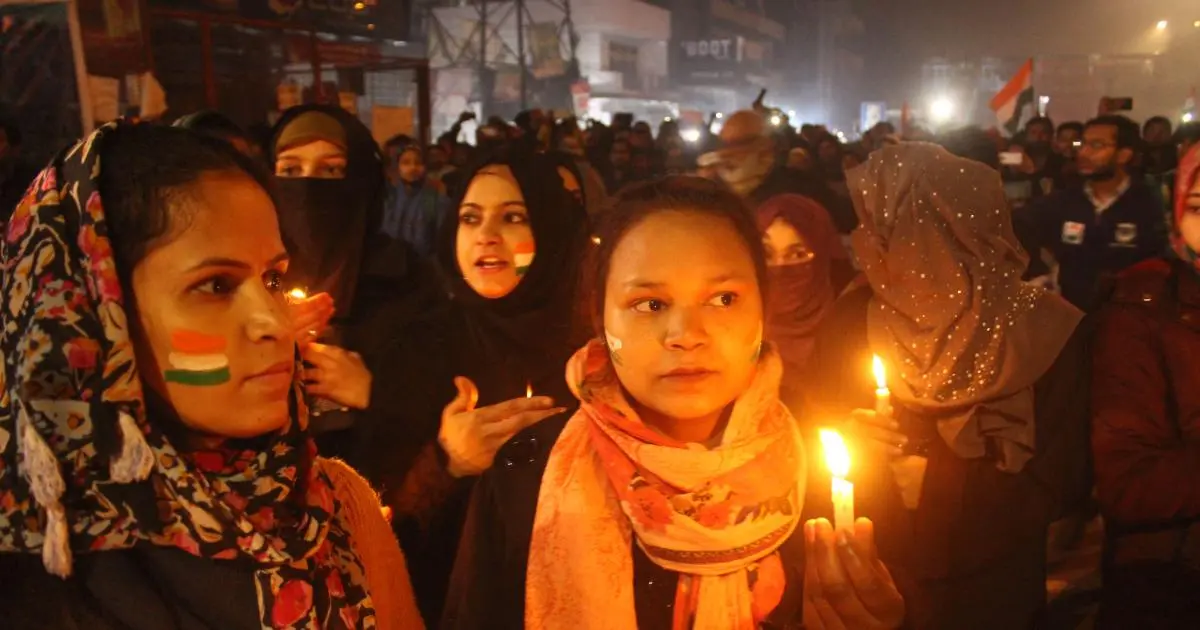Bengaluru : In a disturbing case that has sparked outrage across Bengaluru, a young model’s privacy was blatantly violated when a private video of her, filmed without her consent on the bustling MG Road, was uploaded to Instagram. This incident, part of a troubling pattern of digital voyeurism in the city, underscores the urgent need for social media influencers, YouTubers, and Instagrammers to respect consent and privacy laws. The perpetrator’s actions not only infringed on the victim’s rights but also highlighted the ethical and legal boundaries that content creators must adhere to in the digital age.
The incident came to light when a Bengaluru woman, a model by profession, discovered a video of herself posted on Instagram by an account named “Dilbar Jaani-67.” The video, filmed covertly on MG Road, one of Bengaluru’s busiest streets, captured her without her knowledge or permission. The clip, labeled as part of “Bangalore Night Life,” was one of over a dozen similar videos uploaded by the account, many featuring women filmed from behind in public spaces like Brigade Road, Church Street, Koramangala, and Indiranagar. These videos, often set to provocative music, were designed to attract followers and engagement, exploiting unsuspecting women for online clout.
The accused, identified as 19-year-old Dilavar Hussain MD, a food delivery worker from Manipur, was arrested by Bengaluru’s Ashoknagar police on July 24, 2025, following a suo-motu case initiated after their social media monitoring cell flagged the account. Hussain admitted to filming and uploading 14 such videos over three months, with the sole intention of boosting his Instagram following. He was charged under Section 67 of the Information Technology Act, which addresses the transmission of obscene material in electronic form. Despite police efforts, removing the content from Instagram has proven challenging due to the platform’s internal policies, raising concerns about the accountability of social media giants in curbing such violations.
This case is not an isolated one. Bengaluru has seen a disturbing rise in similar incidents, with perpetrators exploiting public spaces to secretly film women for online content. Earlier in July, 26-year-old Gurudeep Singh was arrested for running an Instagram account, “IndianWalk,” which posted non-consensual videos of women walking on Church Street and other areas, falsely claiming to showcase “street fashion.” Another case involved an Instagram page, “Bangalore Metro Clicks,” which targeted women on Bengaluru’s metro trains. These incidents reveal a pattern of digital harassment where perpetrators prioritize online popularity over basic human dignity.
Filming and posting videos of individuals without their consent is not only morally reprehensible but also illegal under Indian law. The Indian Penal Code and the Information Technology Act explicitly protect individuals’ privacy, making such actions punishable offenses. Consent is a cornerstone of ethical content creation, and the failure to obtain it violates personal autonomy and exposes victims to harassment, as seen in the Bengaluru model’s case, where she received vulgar messages from strangers after the video went viral. This highlights the real-world consequences of such actions, beyond mere legal repercussions.
YouTubers and Instagrammers must recognize that public spaces are not free-for-all filming zones. The pursuit of followers, likes, and views cannot justify exploiting unsuspecting individuals. Content creators have a responsibility to uphold ethical standards, seeking explicit permission before featuring anyone in their videos. The Bengaluru case serves as a stark reminder that ignorance of these laws does not excuse accountability. Social media platforms, too, must strengthen their mechanisms to swiftly remove non-consensual content and cooperate with law enforcement to protect victims.
The outrage sparked by this incident has ignited a broader conversation about privacy in the digital era. Women in Bengaluru, and across India, are increasingly vocal about their right to move freely in public without fear of being recorded or objectified online. As the city grapples with these recurring violations, it’s a wake-up call for content creators to prioritize ethics over engagement and for authorities to enforce stricter surveillance of digital platforms. The Bengaluru model’s ordeal is not just a personal violation but a societal issue demanding collective action to ensure safety and respect in both physical and virtual spaces.





